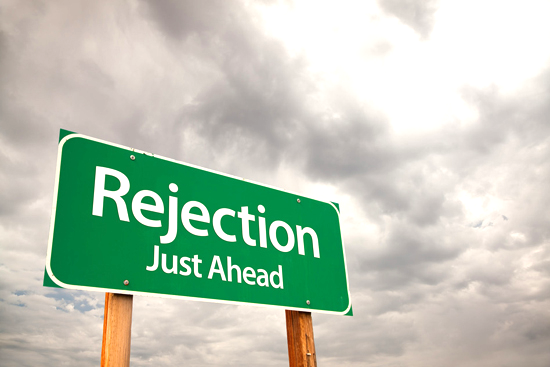Stop victim blaming
Amongst the turmoil, the American past that has spilled over into 2019 is slowly dwindling motivation, our struggling government and the increasing desire to oust problematic people.
The societal aspect of our nation has been challenged greatly as racism, homophobia, transphobia and other social hot topics have been in everyday conversations as we strive for progression.
However, one problem I naively never perceived as a highly supported opinion was blaming the abuse victim for being abused.
Within the past few weeks, I’ve seen more “why didn’t she just leave,” “he’s a grown man and let a girl do that” and “they just wanted to act grown” comments on Twitter than I find reasonable.
During my time in high school, I’ve dated a few guys. Two are nice dudes, but one is the type to belittle you to the point of apologizing for something they did.
As teens, we are some of the most vulnerable to abusive relationships because we’re still developing our sense of self.
“Violent behavior often begins between 6th and 12th grade. 73 percent of 13 and 14-year-olds are ‘dating’,” as stated in a list of teen abuse facts from dosomething.org.
At H-F, I see at least five couples during passing periods. That’s quite a lot for one passing period.
If that’s an accurate representation of how many teens are in relationships, that leaves a lot of room for things to go wrong.
This includes sexual, verbal, emotional, physical and every other abuse under the sun and the tactics that come with them.
Having full knowledge of this, why do we judge those that stay in a relationship if they’re aware of an issue?
According to an article from Psychology Today, “[Victims] do not have to stay with someone who frightens, controls, or intimidates them. That solution is the logical and best approach to an abusive situation. However, the natural functioning of our brain can prevent that from happening.”
Therefore, unless we know specifically their psychological restraints, their dependency on the abuser or the physiological aspects of what’s going, there’s no reason for us to judge how things transpire or why the victim is sticking around.
We should be supporting victims of dehumanization instead of settling in a mental set that accepts abuse and assault as just another part of society.
As people, we should not be allowing predators to continue their hunt on vulnerable or impressionable individuals.
In order to move forward with the plait of attaining a respectable society, we need to acknowledge age and not lie about it. Look at your own relationships and assess whether or not they’re toxic.
If you suspect that someone you know is being abused, visit www.thehotline.org to find information on the signs of abuse, or call the hotline at 1-800-799-SAFE (7233) or 1-800-787-3224 (TTY).



